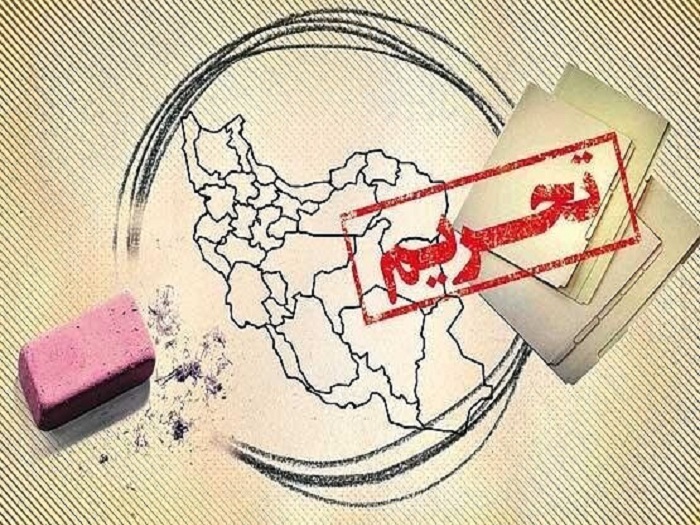Foreign policy must serve the economy

Member of the Chamber of Commerce: The closed economy no longer works anywhere in the world, all our big projects are now stagnant. We are currently suffering from severe shortages in the fields of oil, gas, port development, airports, aircraft purchases and many other issues.
According to the International Iranian Stone Exhibition, Jamshid Adalatian said about opposing the negotiations that lead to international relations: "Once we were under sanctions and could not show our financial channels, it is normal that the sanctions should be lifted first and then we can Join global organizations and show more financial transparency. In the United States itself, there is a faction opposed to Borjam and a group that agrees. It is the same in our country, some agree and some demand better conditions.
He added: "Politically, it is not bad to negotiate and bargain if there are pros and cons in the country, in fact, sometimes ways can be taken because there is a lot of opposition in the country." In the United States, Republicans oppose Burjam, and we even saw Mr. Trump repeal it. So this is normal.
The political economy expert further clarified: the opponents and the proponents raise the issue of national interests and say that the interests of the country are served or not. The debate here is what really serves the national interest. What is certain is that we have all come to the conclusion in all countries that the economic conditions under sanctions are really difficult. But that should not cause us to choose between bad and worse, which is why I think some people disagree. But they also know that with this situation, the work of the country is very difficult and unsolvable, and the sanctions must be lifted.
Referring to the importance of international relations for the country's economy, Adalatian noted: "A closed economy no longer works anywhere in the world." All our big plans are now stagnant; We are currently suffering from severe shortages in the fields of oil, gas, port development, airports, aircraft purchases and many other issues. Without a connection to the world, we can not produce passenger planes ourselves, for example, or we need foreign investment to develop ports. Unemployment is high in the country and foreign investment can help.
He added: "So a closed economy cannot last unless we close the doors like North Korea, minimize everything and give everyone something to eat and survive." A closed economy without international relations is really deadly. Especially for a country like ours, which has many neighbors and is geographically important. International relations are an urgent need for economic development. Even foreign policy must serve the economy, otherwise it will be very difficult for us to gain a foothold among foreign countries.
"My interpretation is that the two groups have national interests in mind and how these national interests can be served," he said, referring to the fact that some opponents of the negotiations are said to have vested interests in the sanctions. But there is a conspiracy theory that says people who oppose or obstruct international communications benefit from sanctions. From time to time, we have heard expressions such as "sanctions traders" and so on from the authorities. It is not unlikely that some people gain special benefits from the embargo.
He added: "But I guess someone who already benefits from the embargo does not show up and does not openly oppose it, because his case will be exposed." Those who really speak openly in the press or in parliament do not have such interests and are behind national interests. Logic says that those who benefit from sanctions can do so in silence, in the shadows and behind the scenes, I do not think they will make this public.
The member of the Iranian Chamber of Commerce also stated: "Our people and our country's economy have endured these severe sanctions for 4 years, and now that the other side is more satisfied, they expect better steps to be taken." If people do not respond, it will be a little difficult.










